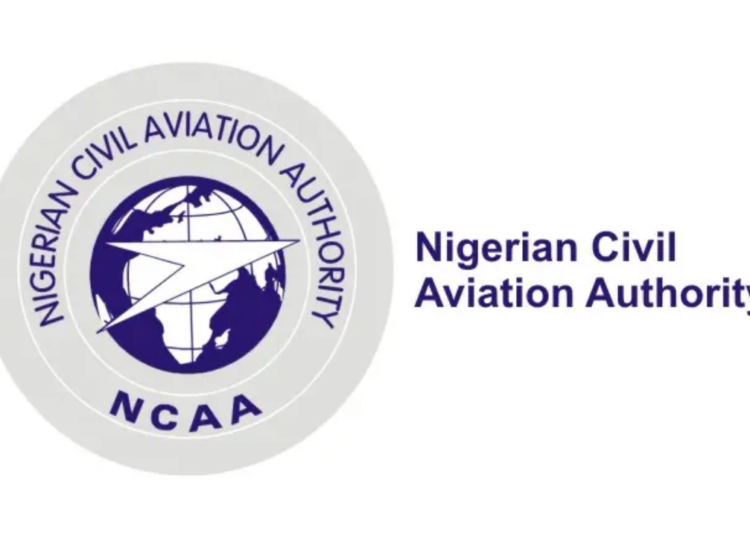The five globally recognised international airports in Nigeria are currently not certified, thereby, making it difficult for the airports to maintain standards and competence in operation.
The airports are, Murtala Muhammed International Airport (MMIA); Mallam Aminu Kano International Airport; Akanu Ibiam International Airport, Enugu; Port Harcourt International Airport and Nnamdi Azikiwe International Airport, Abuja.
LEADERSHIP reports that airport certification is a requirement and compliant to the Nigeria Civil Aviation Regulations (NCAR) Part 12.6.4, which carries obligations on the operator to continuously maintain standards and competence in operation.
To obtain a certificate, an airport must agree to certain operational and safety standards and provide for such things as firefighting and rescue equipment.
However, the implications of none certification are that the Federal Airports Authority of Nigeria (FAAN), can now be sued by any operator for damages to property or equipment due to negligence
Speaking at the launch of a book ‘Handbook on Public Relation Practice and Aviation Reporting’, written by former public relations manager of NCAA, Sam Adurogboye, the director general of NCAA, Capt. Musa Nuhu, said lack of certification of the nation’s international airports was responsible for Nigeria’s poor outing at the just concluded International Civil Aviation Organization (ICAO) audit.
According to him, none of Nigerian international airports meets the requirements for airport certification.
“It is almost impossible to go above 70 per cent with ICAO if you have not done your airport certification. We have not done our airport certification in Nigeria for the five international airports due to some challenges and difficulties.
“There is no need for me to sign airport certification when I know our airports do not meet the requirements. That will be more disastrous for Nigeria and there is also what you call the Significant Safety Concern (SSC). ICAO issues that to some states, it means the oversight function of a state is fundamental fraud. We did not get an SSC. There are things that people should be aware of.
“Believe me, in the next 12 to 18 months when we finish doing our proactive action plan, hopefully, we would have done certification of our airports and we would have closed some of the gaps,” he stated.
He disclosed that because of lack of certification, Nigeria lost 12 points in the recent ICAO’s audit, saying the process of recertification is taking longer than necessary.
“You give certification for three years and it expires. Unfortunately, the airport operator for many reasons has challenges and they could not meet the requirements for certification. It is worrisome, but we are working with them and the point you raised, certification of some airports has been going on for longer than necessary, but the NCAA cannot give certification when you don’t meet the requirements.”
He continued, “If somebody is applying for AOC and he doesn’t meet the requirements, what do we do? Because of that certification issue, we lost about 12 points in our audit, but I would rather we miss those 12 points than to do certification that doesn’t meet the requirements. Then, ICAO will come and say ‘this certificate you gave is bogus.’ That does more damage to the credibility of the entire system.”
The NCAA DG, however, stated that the recent ICAO’s audit was a full audit which was last carried out in the nation’s airports in 2016.
“I think there is a bit of misunderstanding on the whole ICAO Audit. Nigeria got 70 per cent for a full audit. What we did was a full audit and the last time we had a full audit was in 2016 and after the audit, there is a period of time they will send you their report after 90 days and then, you have 45 days to do something. Another 45 days, then another 30 days. Then, a total of 210 days from my calculation before ICAO officially notifies us. During that period, you have an opportunity to rectify some of the issues and close the gaps.
“After the audit, most states call for ICAO Coordination Validation Mission (ICVM). That is like a mini-audit to come and review, see all the evidence, all what you have done to close all the gaps. So, that 75 per cent global average that you are seeing, is not from the full audit, It is from the ICVM. We just came from the full audit, without even going for the ICVM, we got 70 per cent. So, the global average is 75 per cent for ICVM; the global average from sources is 70 per cent and there are other issues,” he stated











